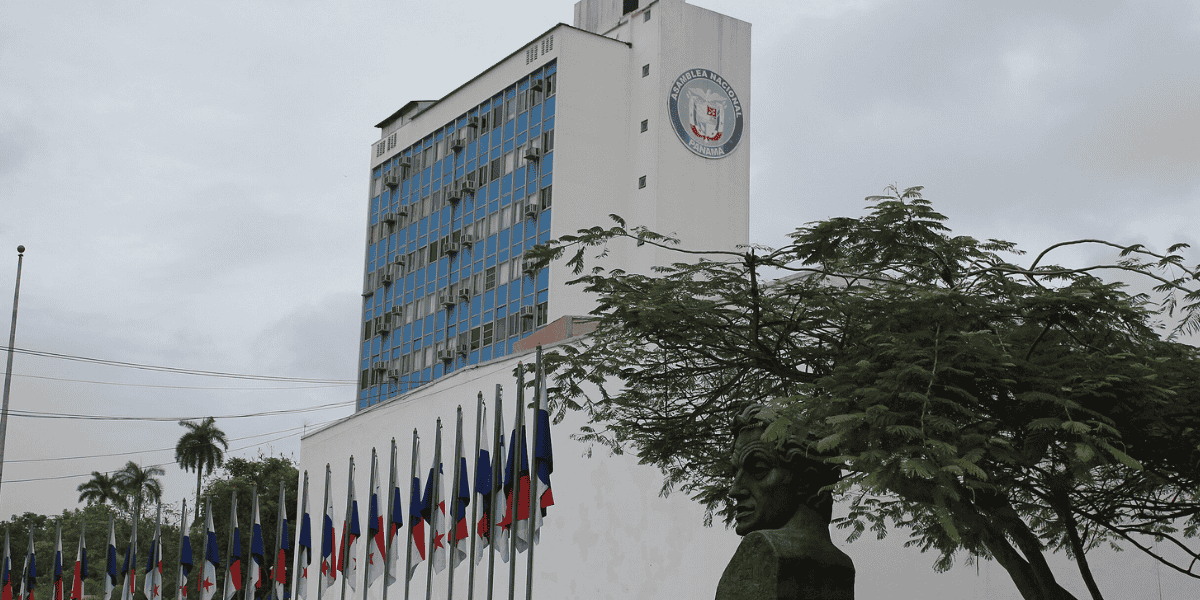On 28 December 2018 the IMF published a report on its website following the conclusion of consultations with Panama under Article IV of the IMF’s articles of association.
Economic growth in Panama is estimated at 3.7% for the first half of 2018, well below the growth rate of the previous year owing to a more difficult economic environment in key sectors including construction. Growth is estimated at 4.3% for the calendar year 2018 and is projected to strengthen to 6.3% in 2019 and subsequently remain close to 5.5% over the medium term.
Fiscal policy is guided by the amended Fiscal Responsibility Law with the deficit gradually decreasing to 1.5% of GDP in the medium-term, keeping public debt below the target of 40% of GDP. Risks to the economy arise from any setbacks that might occur in implementing the remaining Financial Action Task Force (FATF) recommendations and the need to continue progress on tax transparency. Other risks include political uncertainty ahead of the upcoming elections and further tightening of global financial conditions.
The IMF report calls for sustained policy efforts to strengthen the AML/CFT framework and enhance tax transparency to maintain Panama’s competitive advantage as a regional financial centre. The report also welcomes the progress on technical compliance with FATF standards.
The IMF encourages the government to continue strengthening supervisory capacity for AML/CFT oversight, including risk–based approaches, and to address AML/CFT risks. The report urges the government to ensure the availability of timely and accurate beneficial ownership information of entities incorporated in Panama; and to make progress with the implementation of tax transparency initiatives.
The IMF considers that there is scope for raising tax revenue through improvements in revenue administration. They are also calling for a structural reform agenda to maintain high potential growth and sustain productivity growth through reforms to improve skills and education and further improve the investment climate.












